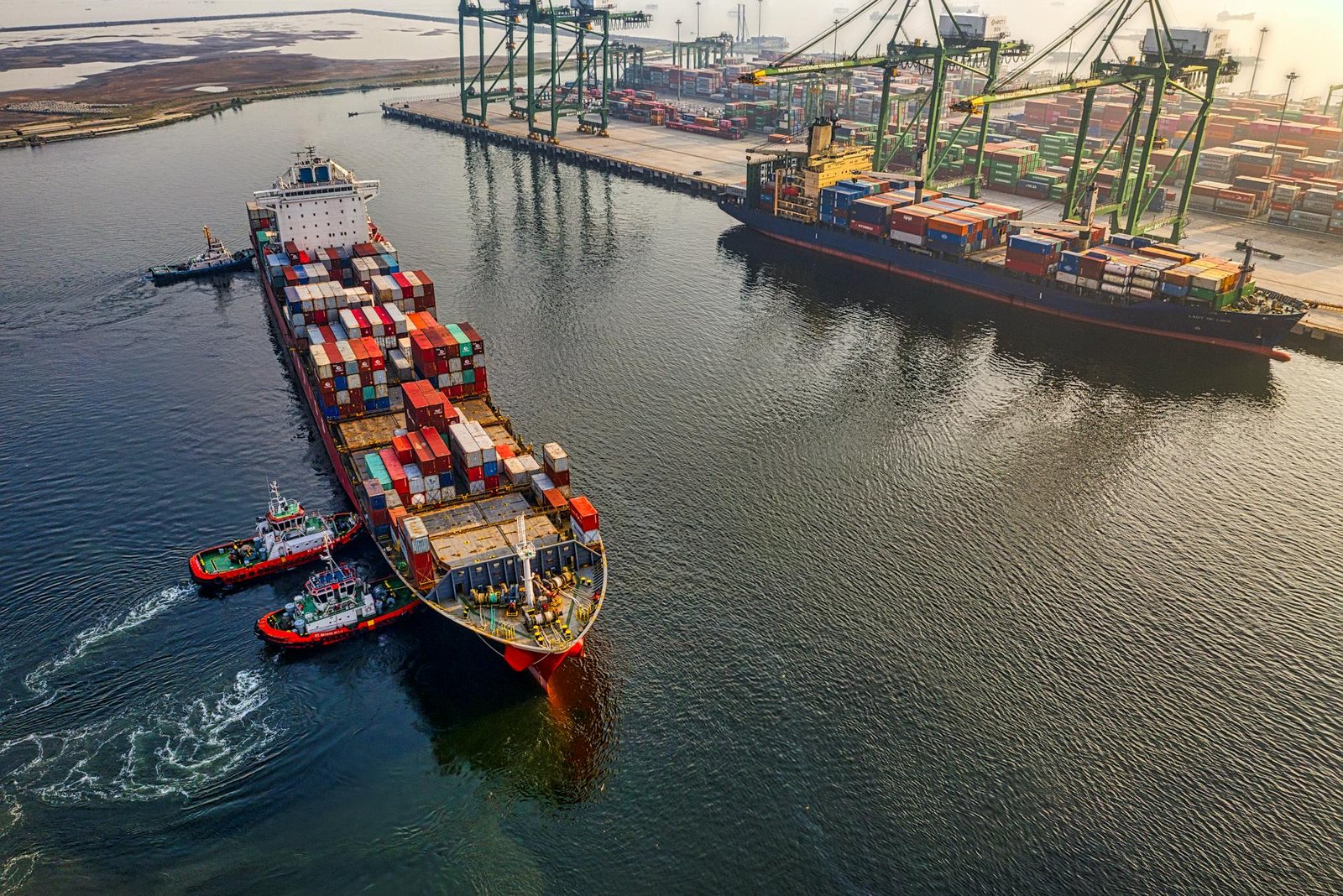
Opportunities and Challenges of Importing and Exporting Between Spain and Brazil
Importing and exporting products between Spain and Brazil represents a significant opportunity for companies looking to expand their markets and diversify their sources of income. Both countries have robust economies and a growing demand for unique products, creating a favorable environment for international trade. In this article, we will explore some key aspects that companies should consider when venturing into this dynamic market.
Opportunities in Bilateral Trade
1. Product Diversity:
Spain and Brazil offer a wide range of unique, high-quality products. From Spanish wines and gourmet products to Brazilian cachaça and coffee, there is a variety of goods that can attract different markets.
2. Trade Agreements:
Spain, as a member of the European Union, and Brazil, as part of Mercosur, benefit from trade agreements that can facilitate the exchange of goods by reducing tariffs and simplifying customs processes. For instance, the association agreement between the European Union and Mercosur, though still in the ratification process, promises a significant reduction in trade barriers and tariffs.
3. E-commerce Growth:
The rise of e-commerce has opened new avenues for companies in both countries to sell their products directly to international consumers. Platforms like WooCommerce allow for easy integration of online product sales, expanding the reach of businesses.
Challenges to Consider
1. Regulations and Standards:
Companies must familiarize themselves with the customs regulations and standards of both countries. This includes knowing labeling requirements, necessary certifications, and possible tariff barriers that may affect trade. In Brazil, for example, the National Health Surveillance Agency (ANVISA) regulates the importation of food, cosmetics, and pharmaceuticals, which means complying with strict health and safety requirements.
2. Logistics and Transportation
Geographical distance can present logistical challenges. It is crucial to select reliable and efficient transportation partners who can handle the safe and timely delivery of products. Companies should consider both maritime and air transport options, evaluating costs and delivery times to determine the best logistical strategy.
3. Currency Fluctuations:
Variations in exchange rates between the euro and the Brazilian real can impact the profitability of transactions. Companies should consider hedging strategies to mitigate these risks. According to data from the Central Bank of Brazil, fluctuations in the real can significantly affect import and export costs, so it is vital to be prepared to manage these changes.
Keys to Success
1. Market Research:
Conducting thorough market analysis can help identify specific opportunities and demands in both countries. Understanding consumer preferences and market trends is essential for tailoring product offerings. According to a report from the Spanish Chamber of Commerce in Brazil, sectors such as agribusiness, fashion, and technology have significant growth potential in bilateral trade.
2. Business Relationships:
Establishing strong relationships with local business partners can facilitate the import and export process. This includes working with distributors, customs agents, and trade consultants who understand the local market’s nuances. Chambers of commerce and trade missions are valuable resources for establishing and strengthening these relationships.
3. Innovation and Adaptability:
The ability to adapt to market demands and innovate in products and processes can be a key differentiator. Investing in cutting-edge technologies and practices can optimize operations and enhance competitiveness. Companies that adopt advanced technologies, such as artificial intelligence and data analytics, can gain significant competitive advantages in managing their commercial operations.
Conclusion
Importing and exporting between Spain and Brazil offers fertile ground for business growth. Although there are challenges, the opportunities outweigh the obstacles for companies willing to invest in research, planning, and establishing strong relationships. At Lobristic, we are committed to providing a comprehensive 360° service that guarantees quality and commitment in every shipment. Trust us to facilitate your business operations and expand your reach to new horizons.
